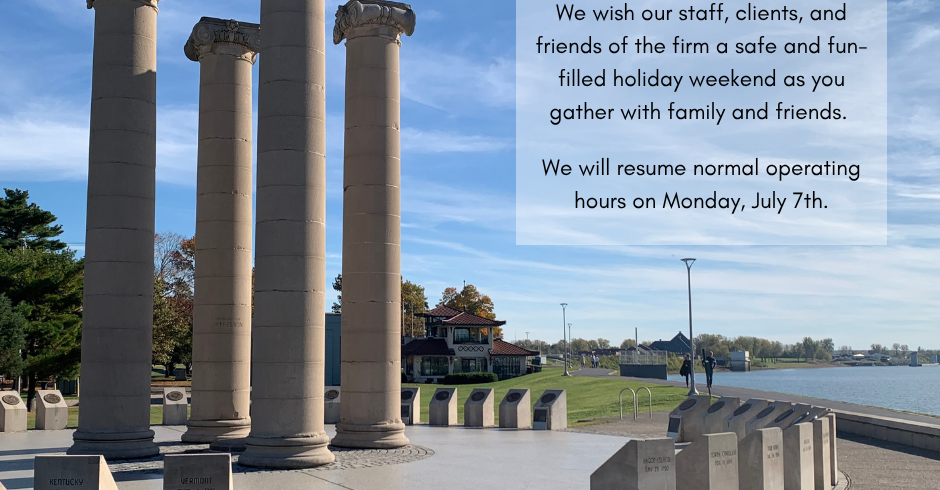The United States Court of Appeals, 7th Circuit, recently decided Frankenmuth Mutual Insurance Company v. Fun F/X II, Inc. and Cao Enterprises II, LLC, permitting an insurance company to deny coverage to a policyholder based on a crucial coverage exclusion in the business owner’s insurance policy contract. The case offers an important reminder to business owners to carefully review and understand the terms of their insurance contracts, as well as their obligations, as failing to comply can result in loss of coverage.

Fun F/X II, Inc., a costume and theater supply retailer, stored its inventory in a South Bend, Indiana, warehouse owned by Cao Enterprises II, LLC (Cao). Cao was insured by Frankenmuth Mutual Insurance Company (Frankenmuth). During a routine fire protection system inspection scheduled by Cao in 2017, the inspector discovered the warehouse’s sprinkler system did not have sufficient levels of water pressure to properly operate. Cao then contacted South Bend Water Works and the city fire inspector to report the issue, but Cao never confirmed the issue was resolved and did not report the issue to its insurance carrier, Frankenmuth. A subsequent inspection was performed in 2018, however, Cao was not notified at that time of any problems with the sprinkler system. In 2019, a fire destroyed the warehouse and its contents, resulting in losses in excess of $7 million. A dispute over insurance coverage followed due, in part, to Frankenmuth’s position that Cao had knowledge the water pressure levels were inadequate to service the building’s sprinkler system and failed to provide notice of same.
Frankenmuth based its coverage denial on language contained in Cao’s insurance policy setting forth it “will not pay for loss or damage caused by or resulting from fire if, prior to the fire, you [Cao] . . . knew of any suspension or impairment in any protective safeguard listed in the Schedule . . . and fail to notify us of that fact.”
Cao unsuccessfully argued that notice was not required because Cao did not have knowledge of the sprinkler system impairment at the time of the fire, as it assumed the problem had been resolved. In finding in favor of Frankenmuth, the 7th Circuit determined the coverage exclusion language and notice requirement were clear. The Court stated it was undisputed that Cao knew of the sprinkler system impairment and failed to inform Frankenmuth. As a result, the Court held the exclusion applied and Frankenmuth was within its rights to deny insurance coverage to Cao for the loss.
The Court noted, but did not rule on, a similar scenario of whether the “notice of impairment” exclusion would apply to an insured who received reliable information that an impairment to a protective safeguard was fixed, but failed to notify its insurance provider of the impairment before a later fire. As to this possibility, there is currently no clear answer in Indiana. This case confirms the necessity that business owners closely review and fully understand the terms of their insurance policies and exclusions, with particular attention given to their obligations as the insured, as failure to comply can result in uncovered losses.
For additional information or for help with questions about your business’s insurance policy exclusions, contact one of the KDDK Insurance Law professionals.






